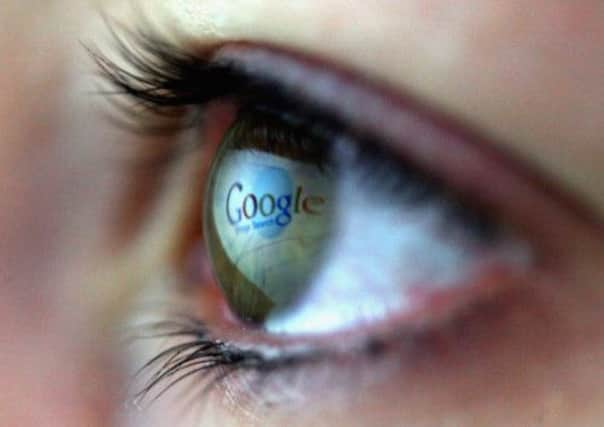Call for Google to do more over online porn


Her comments came after the conviction of April Jones’ killer Mark Bridger, who trawled the web for child abuse images and watched violent rape scenes before abducting and murdering the five-year-old.
In a file on his laptop marked “Z0”, Bridger held cartoon pornographic images depicting bound and gagged youngsters being sexually abused.
Advertisement
Hide AdAdvertisement
Hide AdApril’s murder is the second high-profile case this month to feature disturbing extreme
pornography.
Last month, the Old Bailey heard how Stuart Hazell, jailed for murdering 12-year-old Tia Sharp, had searched for child porn on the internet using terms such as “violent forced rape” and “incest”.
Liz Longhurst’s daughter Jane was murdered by extreme-pornography obsessive Graham Coutts in 2003, prompting her mother to launch a campaign to a ban such images, which was ultimately brought in to force in 2009.
However, she said changes to the law had been implemented only a handful of times and it was down to internet service providers (ISPs) and search engines to stop the material from being made available.
She said that in the wake of the Jones case, the legislation had to be revised and made effective: “What annoys me immensely is that Google won’t block these sites. They say we’ve got to have freedom. All I ask them is where was my daughter’s freedom – tell me that.”
Mrs Longhurst added: “Internet service providers can go on about freedom. What happened to Graham Coutts is he thought he was the only person who thought in that way – but then the internet came along and it normalised this material for him, so he relaxed and went with the flow.”
Scott Rubin, the director of communications and public affairs at Google, said the company had a “zero-tolerance policy” on child sexual abuse content. He said: “We are members and joint funders of the Internet Watch Foundation, an independent body that searches the web for child abuse imagery and then sends us links, which we remove from our search index. When we discover child abuse imagery or are made aware of it, we respond quickly to remove and report it to the appropriate law enforcement authorities.”